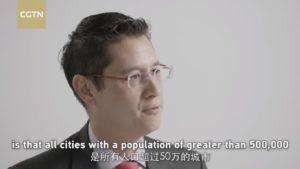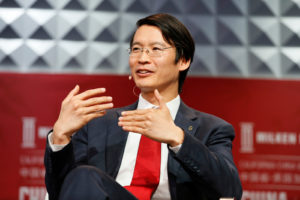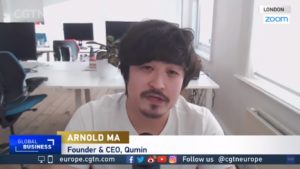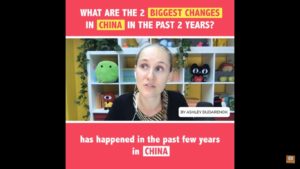
The 2023 Hurun China rich list sees changes, and Rupert Hoogewerf, the Hurun Report chairman and chief researcher, sees efforts to go global as a key factor for growing riches, he tells Reuters. PDD’s Temu, ByteDance’s short-video platform TikTok, and ultra-fast fashion brand Shein he sees as examples.
Reuters:
The founder of PDD Holdings saw his wealth swell by US$13.8 billion (S$18.8 billion) in a year, as a slowing global economy drove more shoppers to the Chinese company’s discount e-commerce platforms Temu and Pinduoduo, an annual rich list showed on Tuesday.
Mr Colin Huang, who founded PDD in 2015 and stepped down as chief executive in 2020, was the fastest riser in 2023’s Hurun Rich List, leaping seven places to be ranked China’s third-richest man, with a US$37.2 billion fortune. It also marked the first time he had broken into the top three ranking.
The growth of his fortune reflects the changing e-commerce landscape both in China, where consumer confidence remains low after three years of Covid-19 curbs, and abroad, where shopping platforms such as Temu and Shein are gaining steam. PDD did not immediately respond to a request for comment.
Billionaire Jack Ma, founder of rival Alibaba, which is currently going through a restructuring and working to fend off competition from the likes of PDD, fell one place from 2022 to the 10th spot.
The number of Alibaba shareholders on the list, which ranks China’s wealthiest people with a minimum net worth of 5 billion yuan (S$952.4 million), fell from 18 in 2022 to 12 this year.
Mr Richard Liu, who founded e-commerce giant JD.com, saw his wealth, and that of his wife Zhang Zetian, fall by US$6.2 billion since 2022 to US$8.26 billion, according to Hurun’s list.
JD.com’s shares fell to a record low earlier in October after banks cut its price targets, citing a weaker-than-expected recovery in consumer spending.
“Going global has been one of the key sources of growth this year,” said Mr Rupert Hoogewerf, Hurun Report chairman and chief researcher, citing PDD’s Temu, ByteDance’s short-video platform TikTok and ultra-fast fashion brand Shein as examples.
The founder of bottled water brand Nongfu Spring, Mr Zhong Shanshan, retained his first place on the list for the third year running, with a US$62 billion fortune; while Mr Pony Ma, founder of social media and gaming giant Tencent, was second, with US$38.6 billion.
Rupert Hoogewerf is a speaker at the China Speakers Bureau. Do you need him at your meeting or conference? Do get in touch or fill in our speakers’ request form.
Are you looking for more strategic experts at the China Speakers Bureau? Do check out this list.

 China’s rich have become one of the major casualties at the 2022 Hurun Rich List, including Tencent’s CEO Ma Huateng, who lost 52 billion US dollars from last year’s listing, although China’s billionaires still top the list.
China’s rich have become one of the major casualties at the 2022 Hurun Rich List, including Tencent’s CEO Ma Huateng, who lost 52 billion US dollars from last year’s listing, although China’s billionaires still top the list. 










